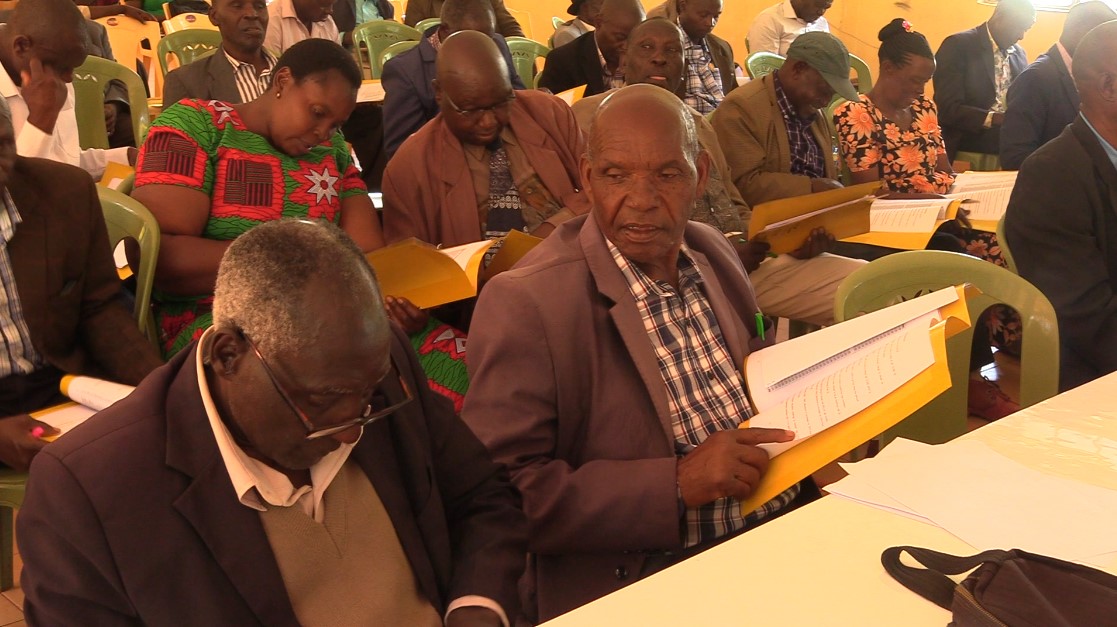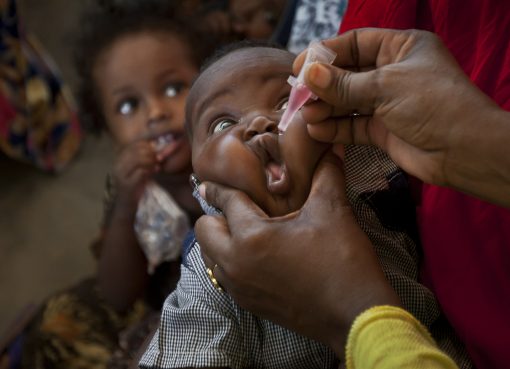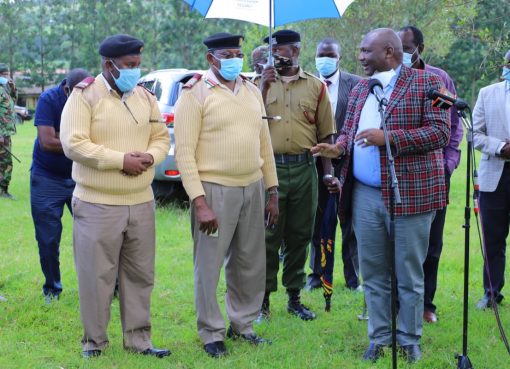A farmers’ Savings and Credit Cooperative organization in Kisii County has recorded growth in its core capital from Sh600 million 12 years ago to Sh1.7 billion currently.
Wakenya Pamoja Sacco Society Limited, which boasts of a membership of over 130,000, comprises mainly Coffee and Tea farmers in the Gusii (Kisii and Nyamira) region, although it has a few businessmen and pensioners.
Speaking during a delegates’ annual general meeting held at Kisii National Polytechnic on the outskirts of Kisii town, the organisation’s CEO, Isaac Omwenga, noted that WPS was on the right trajectory and would soon expand to other regions.
Omwenga explained that WPS had accommodated all levels of farmers, including the small holders, to enable them to grow their income and opened doors for owners of micro, small, and medium enterprises who could also access credit.
To enable the Sacco to grow further, Omwenga said they were encouraging members to increase their savings to act as security when they need credit instead of relying on guarantors.
This, he said, will increase borrowing power and raise the core capital.
However, Omwenga decried increasing levels of default, especially during the current harsh economic times, but attributed it to the high cost of living and low rates from cash crop proceeds.
Wakenya Pamoja Chairman Francis Ayieko applauded the members for embracing mobile banking, saying it had increased the rate of cash transactions because it was easy for many members, especially the elderly ones.
He also cited competition from other Saccos as a setback, saying they were poaching many of their clients in the region.
Wakenya Pamoja Sacco Society Limited was started in 1976 as a Union Banking Section of Kisii Farmers’ Co-operative Union (KFCU). It became autonomous in 1992 under the name Gusii Farmers Rural Sacco Society Limited (GRFS).
WPS was licensed to conduct deposit-taking Sacco business on May 20, 2011, subject to the provisions of the Sacco Societies Act No. 14 of 2008.
The society is managed by a board of directors structured into various committees.
By Jane Naitore and Clinton Nyamumbo





